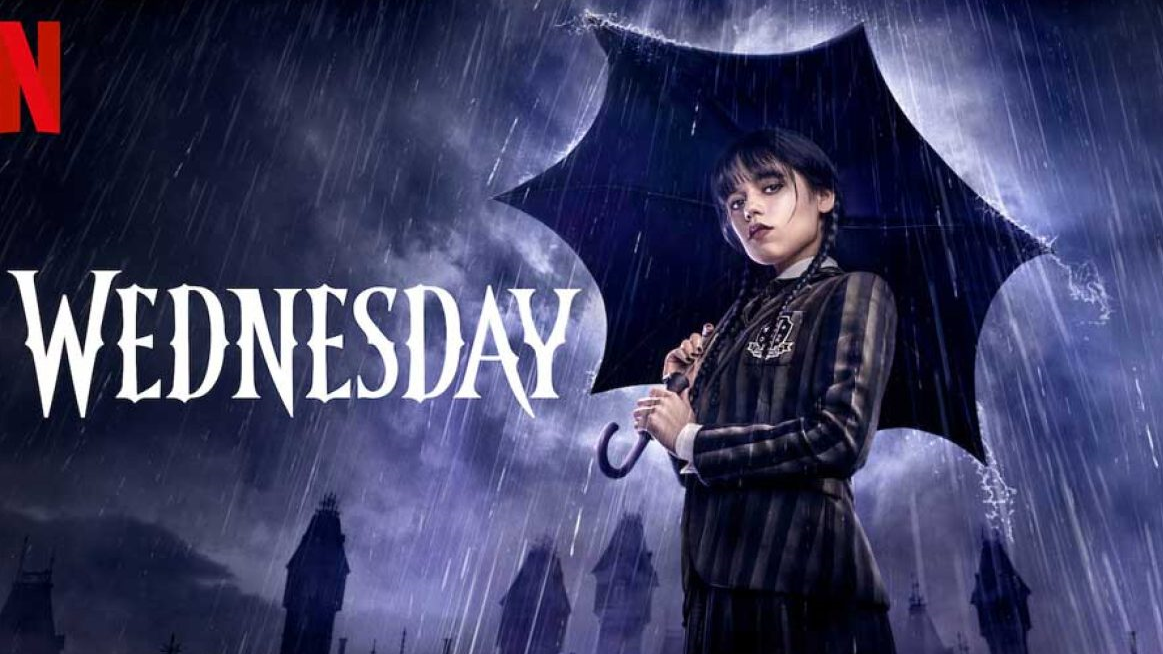TIME TRAVEL CLAIMS TO EVOLVE THIS FAMOUS AUTHOR IN "TIME AFTER TIME".

Though canceled after a fast-paced, confusing beginning, ABC allowed the airing of " Time After Time's" remaining Season 1 on July 31, 2017, where the episodes slowly improve in preparation for its finale, rich with resolve and a mind-blowing cliff hanger that would certainly hook a dedicated fan into a second season. After two full years, there is no second season. Therefore, the battle between good and evil comes to a grinding halt in a war-torn 2021 where Dr. John Stevenson (aka Jack the Ripper) reigns as a medical revolution and H.G. Wells' legacy hangs in the balance.
Many questions come to mind in the end. Here, we will focus on two of those questions.
1. How far ahead does John plan for this victorious outcome?
This is the lesson that H.G. Wells learns at that moment as he stands in front of a man who ought to be dead. It is Wells' fault. Throughout the event of the finale, it would appear that John is the impulsive, dangerous one after he craftily murders Jane in two separate realities. In his grief, Wells travels back in time in a desperate attempt to save her life. H.G. is the impulsive one. By saving the girl, he also sets John on the path to victory.
In the reality where Jane dies, John is caught, arrested, and convicted as the serial killer he is. Justice prevails, and his reign of terror ends. Jane's sacrifice leads to justice.
In the reality where John dies, Jane is spared, but at great cost. Everyone lets their guard down. John's immortal body is carried away with far less security, and Wells goes home. That is the perfect moment for John to strike. Vanessa is murdered. Jane suffers a fate "worse than death." World War 3 ensues.
Had H.G. Wells accepted Jane's sacrifice, the world would be better off. Instead, it is Wells' impulsive actions that shatter the timeline he spends the entire season fighting to protect. Yet, one moment of grief brings it crashing down and evil prevails.
Due to its cancellation, fans will never know what follows that horrifying moment. That curiosity will never be satisfied. Let us instead learn from this lesson: not to give in to temptation, not to take the easy road, not to let our emotions rule our convictions. It could be an opportunity for evil to snare our fate.
2. What motivates John's behavior toward Jane Walker?
His treatment of Jane could not be more erratic if he were bipolar. Throughout the season, he murders her three times. However, each murder is undone thanks to Wells' time machine making her the only woman to survive the Ripper's blade.
Time altering events aside, their chronic interactions provide John with a multitude of opportunities to kill her. Yet, he passes up all but three. At times, he talks to her as if he would an old friend. Other times, he poorly flirts with her. In (three) most uncharacteristic moments of all, he saves her life. Even in his final moment of victory, he spares her life. Many times he bluntly admits to being "fond of" or feeling "affection" for her. This is evidence that Jane is special to him. She is different and "fascinating."
But is it love?
The villainous crush trope is complicated. Motivation always depends on the individual story. In this case, John's motivation is the oldest in the book: jealousy. He wants her, because his enemy wants her. He murders her three times and attempts twice more. Each of these five times his motivation is the same: to hurt his enemy.
More intriguing are the moments he spares, protects, and saves her. It is difficult to read his face or anticipate his thoughts when their eyes lock and she begs him for mercy. Instead, what we have are his motivations.
What does he want out of life? What makes this serial killer so jealous of his dearest friend? The answers are the same. He wants a legacy, one more glorious than H.G. Wells and one for which he gets credit.
He finds his legacy as Jack the Ripper unacceptable, because John Stevenson gets no credit. Additionally, his genealogical legacy dies with his son in a terrible bombing. Both times, Jane is there to serve as a messenger. She is determined to make him strive for more in life. She desperately appeals to the doctoral side of him. She reminds him of his humanity. Many times in the series, she is the only person to advocate on his behalf. She never wants him dead, even though it would be the easiest solution.
Unfortunately, her message works too well. Because that is exactly what he does. With H.G. Wells out of the picture, he achieves a grand legacy by using his medical genius. However, his motivation is no more human than his legacy as a gruesome serial killer. Stevenson Industries profits on human experiments. He turns men into bloodthirsty monsters, just like him.
One could argue that Jane helps inspire this accomplishment. He can't bring himself to murder his muse. She is the key to his success, but she is also his undoing. Should H.G. Wells set her free, together they can defeat him. Unfortunately, the audience will never know.
John "adapts well to the times". He is greedy and ambitious. He seeks to spread his savagery throughout the world. He turns other people into monsters. Meanwhile, H.G. is idealistic, naive, and childlike. Above all, he lacks life experience. He seeks to spread his good through his writing.
Whose works will prevail?
Who would think that Jack the Ripper would be the man to inspire him?
For H.G. Wells to succeed as a writer, he needs to be, he needs life experience. He must accept the truth: There is no Utopia. He must embrace the world as it is before he can strive to inspire it. That is when he becomes the author he needs to be.
Utopia exists, but not on Earth. It exists as the kingdom of God, available to the righteous in the Afterlife. We should all strive for a good, strong legacy. We can either inspire like H.G. Wells or destroy like Jack the Ripper.
What kind of legacy are you leaving behind?



